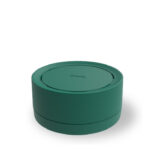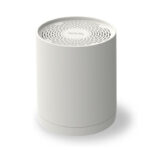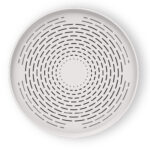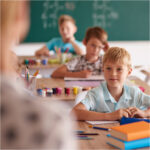Children and the elderly spend a lot of time indoors: what do we know about what they breathe?
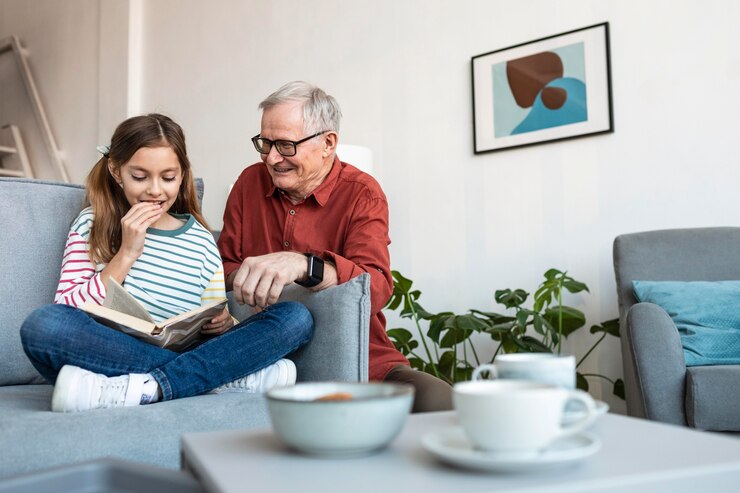
Children: developing respiratory system

The lungs of children and the elderly are more sensitive than those of adults.
In children, especially infants and preschoolers, the respiratory system is still developing.
Children also breathe faster than adults, which means they absorb proportionately more air and pollutants than adults in relation to their body weight.
This makes them more vulnerable to the harmful effects of airborne particles, which can more easily enter their still-developing lungs. This increases their risk of developing respiratory problems and other conditions related to exposure to indoor pollutants.
Translated with DeepL.com (free version)
Elderly: respiratory system more compromised

Gli anziani possono avere un sistema respiratorio maggiormente compromesso. Con l’avanzare dell’età, il sistema immunitario può indebolirsi e quello respiratorio subisce cambiamenti fisiologici, come la perdita di elasticità delle vie respiratorie e una diminuzione della capacità polmonare.
Molti anziani soffrono di condizioni croniche preesistenti come asma, malattie cardiache e altre patologie respiratorie. L’esposizione agli inquinanti dell’aria può aggravare queste condizioni e portare a gravi complicazioni come insufficienza respiratoria o attacchi cardiaci.
Questi cambiamenti rendono gli anziani più vulnerabili agli effetti dannosi degli inquinanti nell’aria.
Monitoring air quality to protect everyone’s health
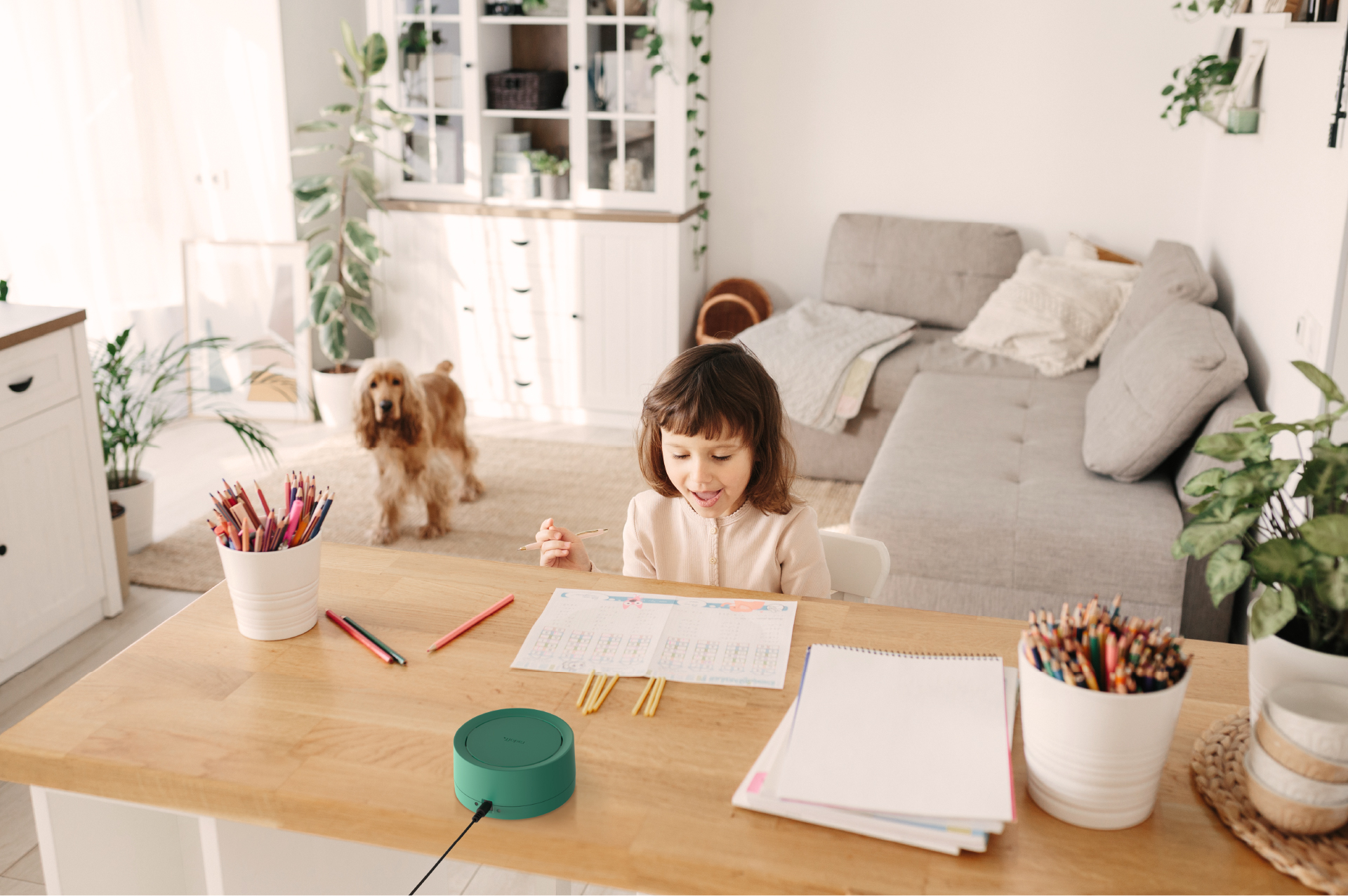
In general, children and the elderly tend to spend more time indoors than adults. Children spend a lot of time playing indoors, while the elderly may be less active and spend most of their time indoors. This increases their exposure to indoor air pollutants and susceptibility to harmful effects.
Therefore, it is critical to protect these groups of people by constantly monitoring indoor air quality and keeping it as healthy as possible.
Taking these measures in one’s home is essential to protect the health and well-being of everyone, especially the most frail.

